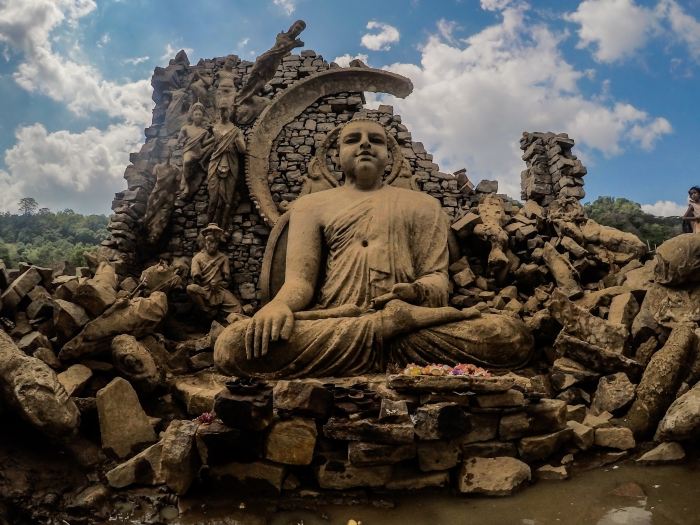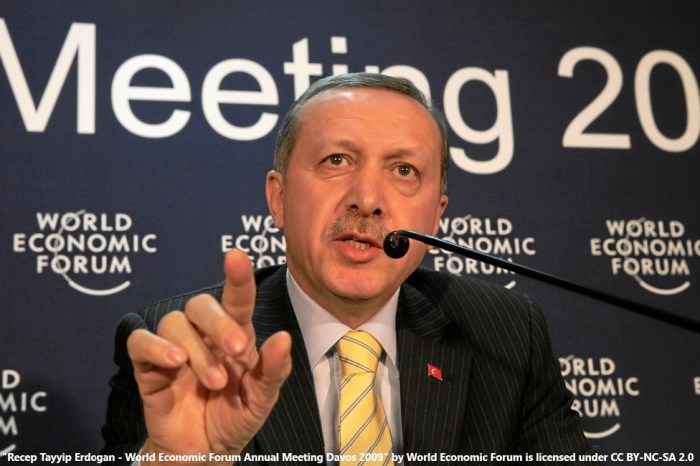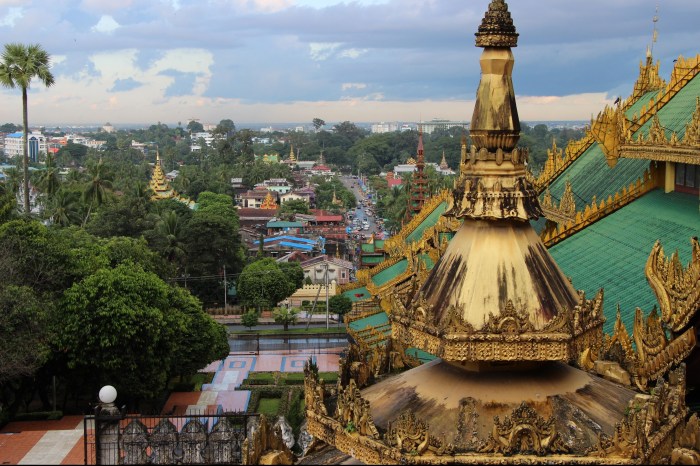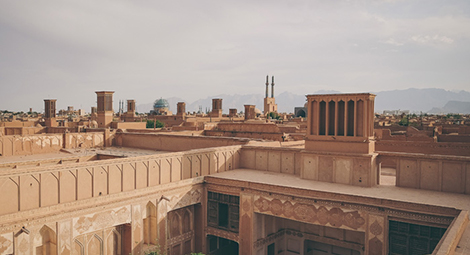On 18 November 2019, Gotabaya Rajapaksa, a former defence secretary and brother of two-term president Mahinda Rajapaksa, was sworn in as Sri Lanka’s eighth president. Representing the Sri Lanka Podujana Peramuna (SLPP) the Sinhalese-Buddhist Nationalist Party, Gotabaya received just over 52% of the vote.
Despite his apparent popularity, he is nevertheless a divisive figure in Sri Lankan politics. During his time as defence secretary from 2005 to 2015 he was accused of committing grave human rights violations and war crimes, including the establishment of military death squads, whilst simultaneously being praised by others for his part in overseeing the end of the long running civil war between the Liberation Tigers of Tamil Eelam (LTTE) and the Sri Lankan government.
Support for Gotabaya came almost exclusively from Sinhalese-Buddhist areas in the south of Sri Lanka. He struggled to win votes in the north and east of the country where the majority of Sri Lanka’s Tamils and Muslims are based.
Continue reading “The Rajapaksas’ return to power means an uncertain future for Sri Lankan minorities”“It is all of our worst fears realised … Sri Lanka is totally polarised by this result”
–Hilmy Ahmed, vice-president of the Sri Lanka Muslim Council.




